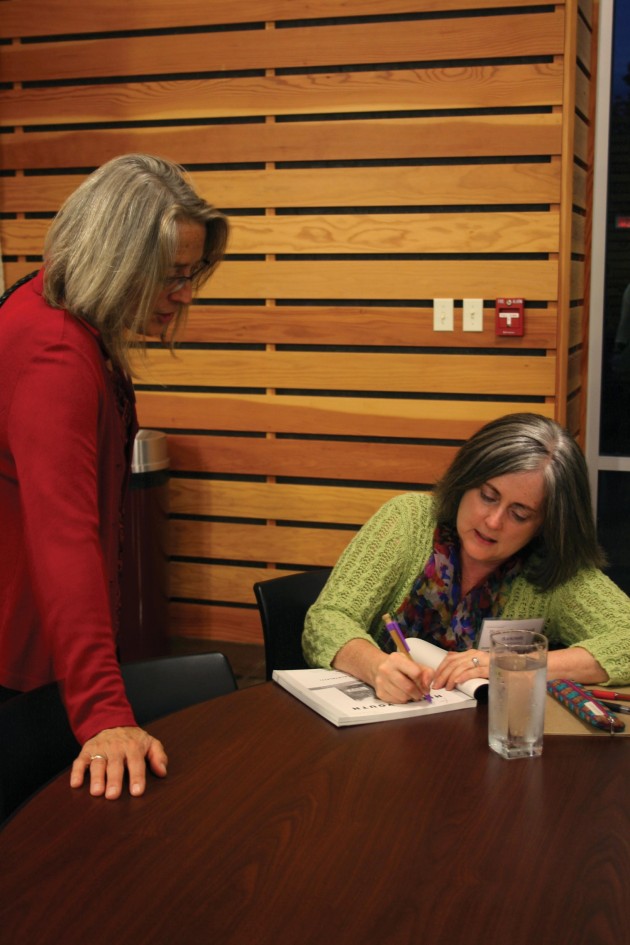
Most people do not think of children's books posing ethical questions, but a symposium at Prindle this weekend wants to change that.
Claudia Mills, the Robert and Carolyn Distinguished Visiting Professor of Ethics, has always loved both ethics and children's books, since she is a professor of philosophy and a children's book writer. When she came to DePauw, she knew that it would be the perfect venue to hold "Ethics and Children's Literature: A Symposium."
"DePauw has such a focus on making connections across disciplines that it seemed like a wonderful place to host a conference that would actually bring ethics and children's literature together," Mills said.
The symposium is meant as a place for children's authors, children's literature scholars and philosophers to all come together and combine their separate fields. The attendees will discuss the importance of the ethics instilled in children from literature.
"We just tend to be in our little narrow disciplinary tracks," Mills said. "It's the thought of jumping those tracks and going off into the big flower-filled meadow together and having those conversations that you wouldn't get to have."
The conference will consist of three keynote speakers, then a series of sessions with presentations by scholars and students on a variety of topics concerning ethics and children's literature. Two of the presenters are DePauw students, senior Alex Chamberlain and junior Rita Nikonova. They were chosen from several submitted abstracts to present papers at the symposium, and are the only undergraduates who will be presenting.
Chamberlain took the opportunity to get her opinion out there and write about something important to her - racism. Her paper focuses on the reaction of audiences to "The Hunger Games" movie, and the race chose for some characters.
"People still nowadays don't get equality and they don't care to get it-And that's something that's really frustrating for me," Chamberlain said. "It comes from the way they were taught and the way they grew up, and the only way to change it is to change the way a child is brought up."
Nikonova is also looking at "The Hunger Games," comparing the moral code of Katniss to the one of Jerry in "The Chocolate War."
The scholars attending the conference find the combination of ethics and children's literature an important connection to consider. For Chamberlain, books are an important part of childhood, and the impact they have can make a huge difference in the development of a person.
Mills hopes that children are in the audience so that they can gain this awareness of ethics, especially during the talk with children's author Susan Campbell Bartoletti. She is looking forward to having a very diverse audience, including her children's literature class, the scholars presenting and hopefully members of the community and students at DePauw.
Both Nikonova and Chamberlain are excited for the experience to meet these scholars and learn from the presentations. As for their own talks, having her peers in the audience gives Nikonova more confidence, while Chamberlain finds herself more nervous than usual.
"I'm presenting to people who are older than me, more schooled than me, [and] I want to be able to prove myself to them," she said.
After the conference, Chamberlain hopes her paper goes further, and it is possible with an interested publisher looking to collect the papers into a book.
Mills sees the end results as meaning something even more.
"[It should] keep ethical questions on the radar of authors and scholars as they go about their writing and scholarship," Mills said. "These [are] fruitful intersections that I'd like to foster."
